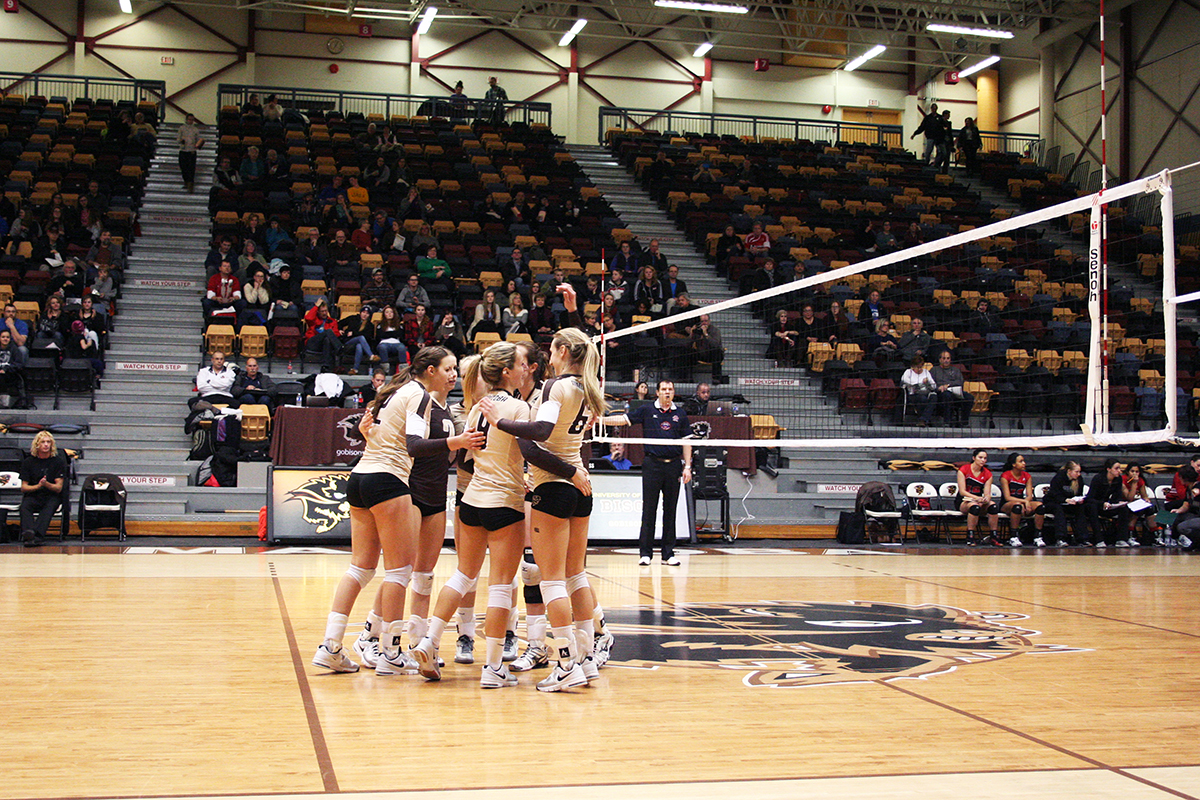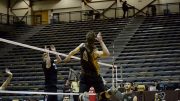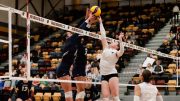For many individuals, becoming a CIS athlete is a dream come true. It is the culmination of years of hard work and sacrifice. Once the dream is realized, though, the workload continues to increase, and an enhanced amount of pressure is put on the athlete to succeed.
Tack on a hectic school schedule, along with personal commitments to family and friends, and the CIS experience can become overwhelming.
Athletes develop strong bonds with their fellow teammates and coaches because they spend a hefty amount of time practising, training, and communicating with these people. It is these relationships that can also help an athlete cope with the stress around them, mainly because their comrades are probably going through similar situations.
If all goes according to plan, a student-athlete will spend five to six years (redshirt dependent) training and honing their abilities with the same squad. That’s a lot of time getting to know your fellow athletes and coaching staff. It can become a familial bond.
There is, however, a downside to all of this. Coaches and players run the risk of getting lost in the heat of the moment during a competitive or stressful season, and issues can arise. It is possible to lose sight of the athletic side of things, which has occurred in certain instances in the CIS.
Bison volleyball
Last season, the Bison women’s volleyball team won a national championship, their first since 2001-02. They showed tremendous heart all season, and won the admiration of many in the process.
What most people didn’t know, though, was that there was turmoil within the squad during the 2013-14 championship run, allegedly due to actions by head coach Ken Bentley, who, according to members of the team, verbally harassed players – inappropriately belittling them during the season.
The CIS’s harassment and discrimination policies state that “harassment is prohibited by the Canadian Human Rights Code and by human rights legislation in every province and territory of Canada. Harassment can also be an offence under Canada’s Criminal Code.”
The policy goes on to state the definition of harassment, which involves “comment(s), conduct,or gesture(s) directed towards an individual or group, which is insulting, intimidating, humiliating, hurtful, malicious, degrading, or otherwise offensive and which a reasonable person would know, or ought reasonably to know, to have this effect.”
The issue of verbal harassment was taken up with staff members of Bison Sports by concerned members of the squad after the season ended, but the result wasn’t positive.
“I am disappointed that our faculty and Bison Sports did not take our issues more seriously,” commented one of the players. “We asked for very little changes and simply wanted to create some awareness about some of the negative aspects of our season.”
When the news came at the end of June 2014 that no changes would be made, a number of players decided that they wouldn’t be returning to the team for 2014-15.
“Most of the team felt drained from the amount of work we put into creating this awareness and we lost our passion for the game. Many of us did not return this past season for that reason,” said the player.
While there was an apparent change in the environment for this season, a number of players had already left by that point, due to the tension and stress of the prior year.
The Manitoban reached out to coach Bentley for comment, and received a response from Douglas Brown, the dean of the faculty of kinesiology and recreation management. Brown stated that he reached out to all of the athletes on the team at the end of the season, after the concerns were brought to his attention.
“I reached out to all the athletes on the team [at the end of the season] to acquire more detailed information on their concerns. They chose to remain anonymous,” Brown said.
“While I am unable to comment on allegations made by anonymous sources, it is important to note that we do not condone abusive behaviour of any kind and are dedicated to providing a respectful environment for our athletes, students, and staff.”
The verbal abuse allegedly occurred amidst a national championship. Positive external appearances do not always reveal internal conflict.
Ryerson and Ottawa
Other schools have encountered discipline issues related to sport in the past. Ryerson’s hockey team was suspended for seven days, and forfeited two games in November of 2013, after the consumption of alcohol during a pre-season trip to New Jersey.
The Ryerson student athlete handbook states that “athletes may not consume alcohol at any time during road trips,” and goes on to add that “each student-athlete is a representative of Ryerson and is highly visible to other people, regardless of whether the team meets on or off campus.”
These rules are very clear cut, and in no way am I defending the actions of the student-athletes at Ryerson, but blame must be placed equally on the coaching staff – to properly introduce and engage with the players, to convey to them the proper way to conduct themselves when on the road, especially for those entering their first season, who could have been on their first road trip as part of the squad.
Head coach Graham Wise was suspended for four games for the incident. With over 20 years of CIS experience, he should have had a better grasp of school conduct, and the most appropriate ways to enforce rules. While he may have spoken to the players, it is evident that he didn’t do enough.
While the Ryerson situation was a negative one, it didn’t result in any excessive penalties. The team resumed play on Nov. 15.
The Ottawa Gee-Gees men’s hockey team, on the other hand, was handed a significant sanction after inappropriate conduct on a road trip to Thunder Bay, back in early February of 2014.
A further investigation resulted in two Gee-Gees being charged with sexual assault, and the hockey program was shut down for the 2014-15 and 2015-16 seasons, while former head coach Réal Paiement was fired.
Exacerbating this case is the fact that it wasn’t brought to the Thunder Bay Police’s attention until Feb. 25, almost a month after the incident first occurred. Administrators at the University of Ottawa were also not informed of the situation, and didn’t receive word until just before the police had begun an investigation.
While suspensions were likely handed down internally, the attitude the coach took was not one of urgency. If it was, then the university would have been informed far earlier.
Again, I am not trying to give the individuals involved a “free pass,” or any sort of pass at all, but for a coach who had been teaching the game for longer than a lot of his players had been alive, he should have reacted and responded in a far more professional way.
Policies and procedures
The CIS has a general code of ethics, and it includes principles and guidelines that are “intended for all Canadian Interuniversity Sport Members: coaches, athletes, and administrators.”
The guideline that applies directly to all three cases mentioned here, and to any other situation involving CIS athlete-coach interaction, is this:
To “recognize the pressures of academics and athletic excellence placed on athletes and provide leadership that fosters a positive experience.”
While I’m not personally a CIS athlete, I do understand the pressures of performing at an elite level, as a committed marathon runner. I also have many close friends who participate at the CIS level. On more than one occasion, they have told me that it can be emotionally draining.
I fully respect the hard work and effort that all coaches put in, and am not generalizing this article to every single coach out there. I simply feel it is important to foster a healthy sporting environment to your players, and the first step in accomplishing this is to lead by example.





